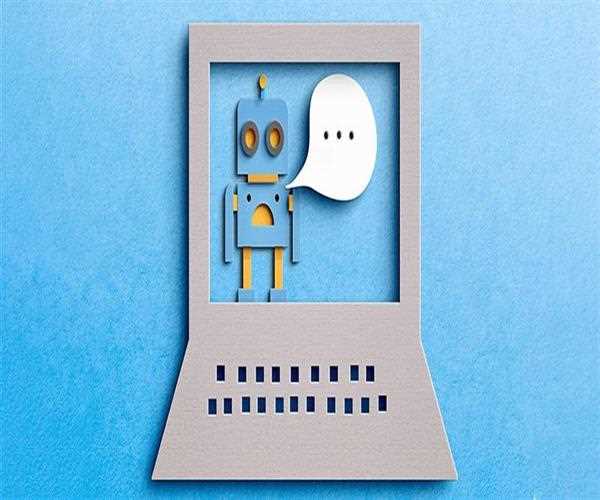
22-Feb-2023
What JP Morgan Says about the impact of ChatGPT on the Indian IT Sector
The revolution in artificial intelligence (AI) is just around the corner. AI chatbots have begun to take center stage in our lives with chatbots like Google's Bard and OpenAI's ChatGPT. AI is everywhere, from writing assignments for students to simplifying difficult concepts.
A study conducted by JP Morgan found that generative AI models have the potential to bring about a brand-new source of disruption that can have both advantages and disadvantages for IT service providers. Contrary to popular belief, AI chatbots will increase employability and increase productivity, according to the study. Additionally, the models will reduce expenses, “creating a new area for change management projects.”
“Generative AI has the potential to simplify low-end code, increase productivity (through the use of libraries, tools, and development resources), and reduce costs—all of which can be retained by vendors early in the cycle with clients who are less mature. According to the report, incorporating this technology into enterprise technology stacks could also eventually result in the establishment of a brand-new industry for businesses.
However, AI faces difficulties just like any other technology. These "come from a fresh new deflationary driver in managed services projects, and the need to retrain staff made redundant," according to the research.
One such down place of man-made intelligence generative models is danger on valuing. According to the research conducted by JP Morgan, generative AI has the potential to cause a loss of competitiveness, necessitate staff retraining, and cause a deflationary effect on pricing for legacy services in the near future.
"Over the last 20 years, there have been several historical drivers of productivity that have ended up being deflationary drivers on pricing," the study goes on to say.
Moroever according to the report, companies have already incorporated chatGPT or GPT3 applications into their ongoing projects and have been experimenting with OpenAI GPT3 over the past year.
Investors have also shown a great deal of interest and optimism since the release of chatGPT. While Alibaba, Baidu, and Alphabet announce their own chatGPT alternatives, Microsoft invested a whopping $10 billion in ChatGPT. BardAI is a rival AI chatbot that Google released in response to chatGPT. JP Morgan says that Infosys and Tata Consultancy Services are more likely than other mid-level Indian IT companies to keep their employees because they follow gradual hiring and training procedures. As Generative simulated intelligence brings a major jump into the customary IT space, organizations of all shapes and sizes are compelled to adjust to its elements to flourish and support the opposition on the lookout.
AI chatbots like chatGPT, Ernie, Bing, and Bard are still a long way from being able to take the place of humans. They are intended to furnish the best web search insight with harsh speech and syntax order of human language as well as conveying logically important data. However, many of them are experiencing hallucinations and incorrect facts as they wander off course. Despite this, technology firms are placing significant financial and moral bets on it.
However, as more people use generative AI, consulting firms will have a bigger share of the market than Indian IT companies, according to the JP morgan analysts in a note to clients

SEO and Content Writer
I am Drishan vig. I used to write blogs, articles, and stories in a way that entices the audience. I assure you that consistency, style, and tone must be met while writing the content. Working with the clients like bfc, varthana, ITC hotels, indusind, mumpa, mollydolly etc. has made me realized that writing content is not enough but doing seo is the first thing for it.
Join Our Newsletter
Subscribe to our newsletter to receive emails about new views posts, releases and updates.
Copyright 2010 - 2026 MindStick Software Pvt. Ltd. All Rights Reserved Privacy Policy | Terms & Conditions | Cookie Policy